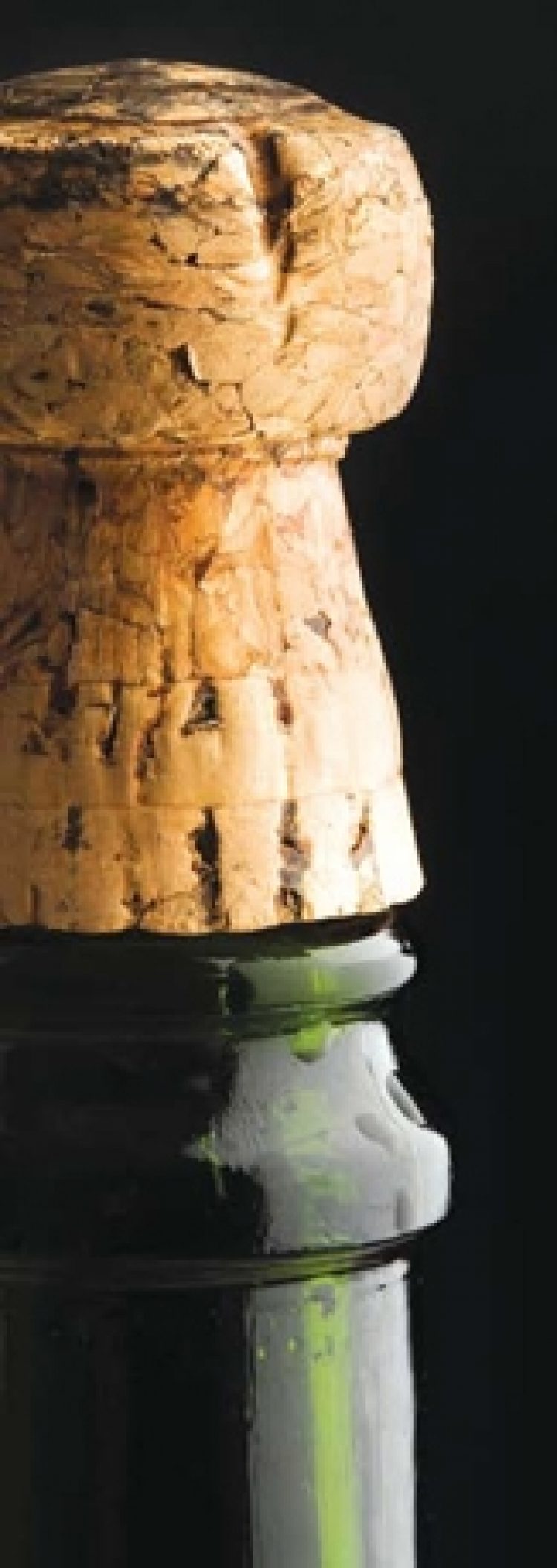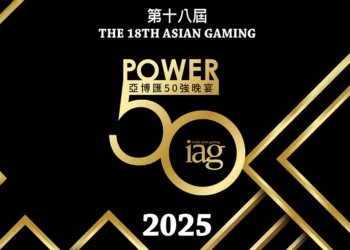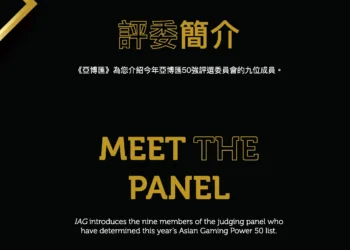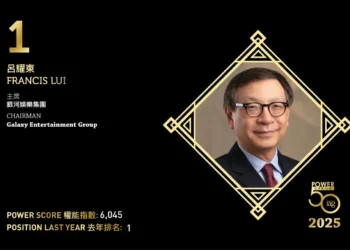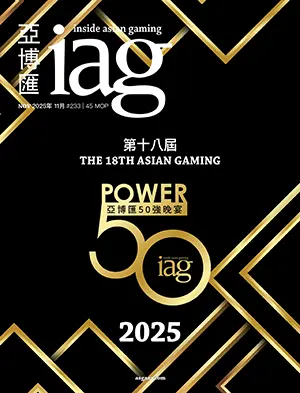Is Macau trying to put a champagne cork back in a bottle by extending its live table cap to the year 2020?
There seems to be a consensus among Macau watchers that government policy on the gaming industry is focused on making sure the poor don’t lose out. That’s in terms of preventing less well-heeled visitors from mainland China and Hong Kong blowing too much hard-earned cash at the tables and slots and making sure that older and less well educated Macau residents don’t get left behind economically during the local gaming boom. In other words, policy is principally about controlling what happens in and around the mass-market rather than the VIP segment. Back in 2006, the VIP market was more of a headache for the authorities. At that time, managers of some state owned enterprises in China were allegedly embezzling money in order to fund high roller credit in Macau. That ended when the Chinese authorities—with the acquiescence of Macau—started putting undercover police officers on the casino floors.
So an interesting question is how the ‘Son of Table Cap’ policy announced by Macau’s Secretary for Economy and Finance Francis Tam last month will help in controlling the growth of the mass market. As a reminder, there is currently (officially at least) a cap of 5,500 tables until the beginning of 2013. This matters because 95% of Macau’s gross gaming revenue (GGR) derives from live table games. The new policy revealed by Mr Tam calls for the live table cap to be extended so that only a 3% growth in table numbers will be allowed year-on-year between 2013 and 2020.
Overweight in the VIP
Macau’s live table mass-market GGR grew by 35.5% year-on-year in the second quarter of 2011. It climbed to MOP14.23 billion from MOP10.50 billion a year earlier. In the same period, the VIP table market grew by 49.9% (from MOP32.36 billion to MOP48.53 billion). Between 2Q 2010 and 2Q 2011, the number of tables in the market only grew by 8.4%. So how was such huge GGR growth achieved in the presence of the table cap? It seems by a combination of factors. They include: better utilization of existing tables in the mass segment; conversion of existing mass-market table inventory to VIP table inventory or by taking tables out of storage and designating them as VIP ones. When SJM successfully applied recently to have VIP tables in its otherwise steadfastly mass-market Casino Oceanus, it was making use of its existing inventory. The VIP baccarat contribution to all live table gaming stood at 75.4% in 2Q 2010. By 2Q 2011, that had risen to 77.3%. It only takes a relatively small number of extra VIPs to make a big jump in overall GGR.
So can controlling the supply of tables really control the revenue growth of themarket as a whole? If the table inventory is only allowed to grow by a compound rate of 3% per year while visitor numbers (mostly in the mass segment) are rising at a compound rate of 8.3% year-on-year (as happened when comparing June 2010 to June 2011)—i.e. roughly three times the rate of table supply—then will that put upward pressure on minimum bet prices? Research by the University of Macau suggests that Chinese people’s demand for gambling is relatively inelastic—i.e. that the demand stays constant or strong even if the price goes up. The end result of any upswings in bet pricing is likely to be a boosting of operator margins, with no guarantee that the table cap policy will actually fulfil its implied function of protecting the public as well as cooling the market.
Budding Cotai
Macau has already committed to some new projects away from the peninsula
Delaying any new casino projects until well after Sands Cotai Central is completed on Cotai—possibly in 2014 or 2015—would create even more price pressure if visitor numbers continue to climb at or near the rates seen in the last few years. In any case, the government faces two problems with extending the moratorium on new projects first announced by former Chief Executive Edmund Ho in April 2008. The first is that it is already publicly committed to allowing any casino project submitted to it prior to the end of 2008. That includes Wynn’s Cotai scheme and theoretically the Studio City project. The latter should have been up and running by now, but a drawn out dispute between some of the former partners in the project held it back for years. The government’s original deadline for development of Studio City was 2013. So although the original permission will expire before the scheme can be realised, it would be surprising if at this stage the government threw it out—especially as the scheme has now been taken over by Melco Crown Entertainment (MPEL), whose cochairman is Lawrence Ho. Although the site has not yet been formally zoned for gaming, it’s also difficult to see how any resort or tourism scheme of comparable size could be viable without a gaming component to it. The second reason it would be hard for the government to renege on its agreement to allow any schemes approved before the end of 2008 is that Sands Cotai Central will be Sands China’s third property on Cotai (after The Venetian Macao and The Four Seasons Macao)—at a time when Sands’ market rivals have got at most one property there (MPEL and Galaxy Entertainment Group) or none at all (SJM, Wynn Macau and MGM China).
So if a complete freeze on new building until further notice isn’t an option for the Macau authorities, what else could the government do to control the market—and protect the interests of less well-off gamblers? Allowing the operators to introduce more electronic tables with lower minimum bets in order to soak up mass-market demand at a lower price point would be one possibility. That will require political support from the Macau authorities, as we explained in our cover story ‘Electric Dreams’ in July last year. At the moment in Macau, electronic tables are regulated like their live table game equivalents (in terms of odds and payouts), but their place in casino inventory is hazy. And there are currently no electronic game regulations in Macau to clarify that point. IAG has been told that at least one operator is lobbying for electronic tables to be classified in future as slots— for inventory purposes if not in terms of odds and payouts.
If the Macau and mainland authorities did decide to attack the gaming supply issue at both ends—i.e. to cool not just the table supply but also visitor numbers, then that might mean a return to a rationing of the individual visit scheme visas. Even that is not fool proof, however, because mass market players can simply join a guided tour and go gambling anyway, and VIP players can get visas for business travel transiting via Macau.
Policy or Guideline?
Macau’s market rules may not be as hard and fast as those in Western jurisdictions
Some observers suggest the table cap policy is more a guideline and a flagging to the industry of the government’s concern than something set in stone. They cite in support of that argument the fact that since the opening of Galaxy Macau on 15th May, and its injection of around 380 extra tables into the market, the running total of tables in Macau is currently 5,237. That leaves only around 260 new tables available for Sands Cotai Central between now and the start of 2013. The government may be willing to show some flexibility on table numbers for Sands China, given that the Cotai extension is slated as a US$4.2 billion scheme. But that’s not something that Sands is likely to be leaving to chance. It will undoubtedly have a contingency plan for moving some live tables from its existing properties and possibly also for increasing the number of electronic tables in its inventory.
Another question raised by analysts recently is whether it will be possible for operators in need of tables to buy some of the existing quota of another operator. The operator with the most slack in the system in terms of under-utilised or currently mothballed tables is SJM, as we explained in our story ‘A Tale of Two Cities’ in August 2010. It’s a function of the fact it has more market coverage than all the other operators combined. It has 20 venues using an SJM gaming licence, compared to a combined 13 among its five rivals. A total of 16 SJM-licensed properties are so-called satellites. They are ‘family’ in the sense that they are usually willing to cooperate commercially with SJM even though they are owned by outside parties. They also tend to get most of their turnover and their gross from VIP gaming. Even at weekends, many of them have under-used or closed tables on the floor. But industry sources have told Inside Asian Gaming that SJM has no intention of selling any of its quota—and thus its future story—to rival operators, even if the government would allow it.
The fact the Macau government feels something must be done—rather than leaving things to market forces—is not surprising given the different cultural and political heritage of Macau and China compared to the West. Macau and Beijing might reasonably argue that the classic Western free enterprise model of regulation – to let a market correct itself and largely police itself—failed spectacularly in the case of the Western banking system. Put in those terms, perhaps an extension of the table cap has some merit after all.






